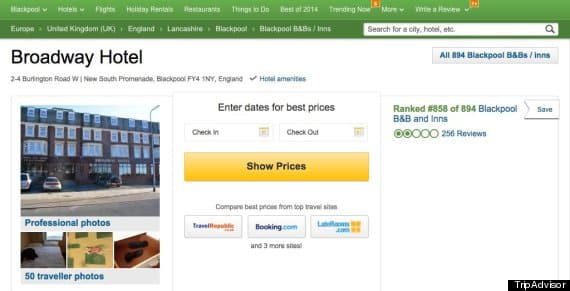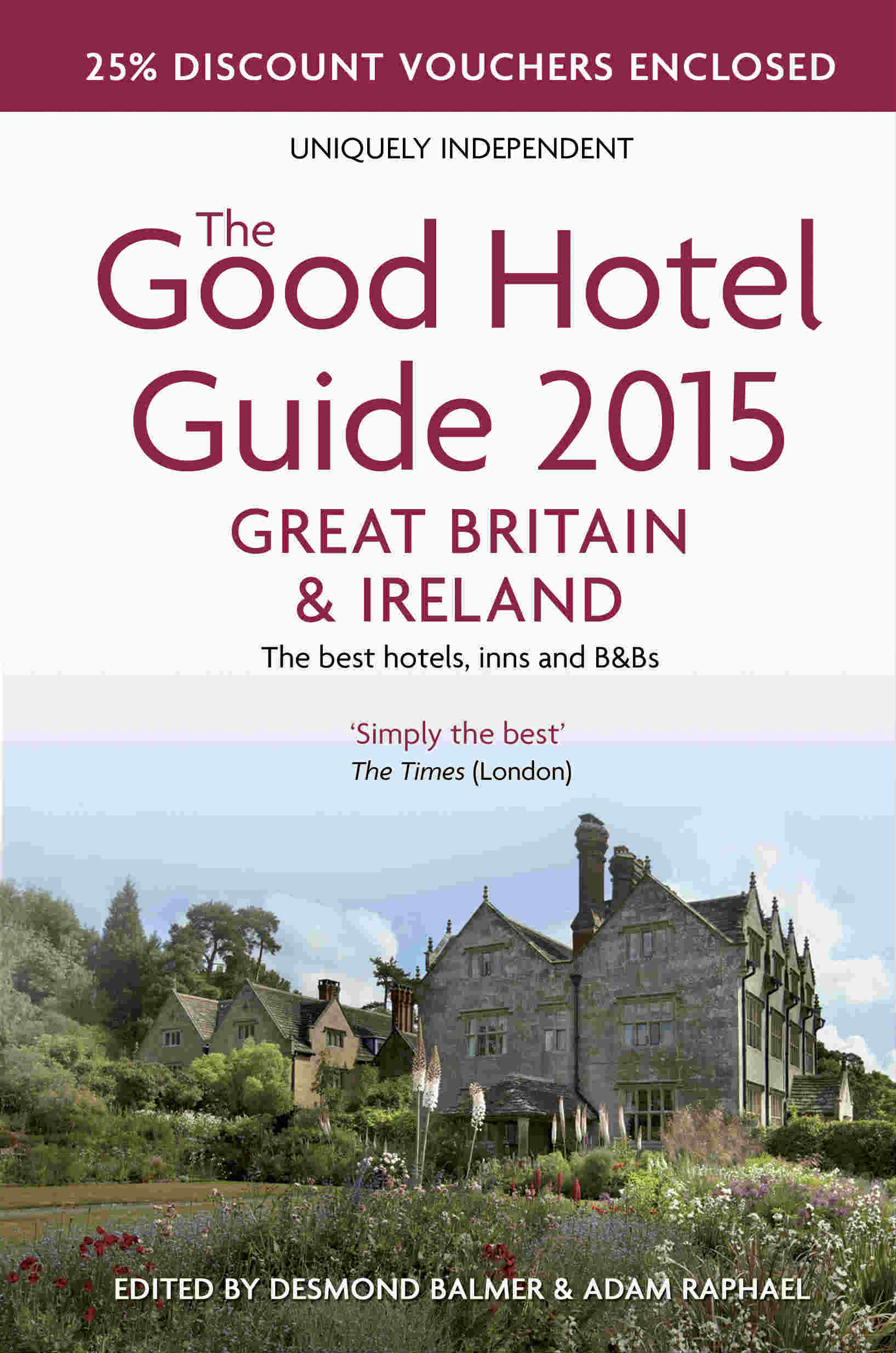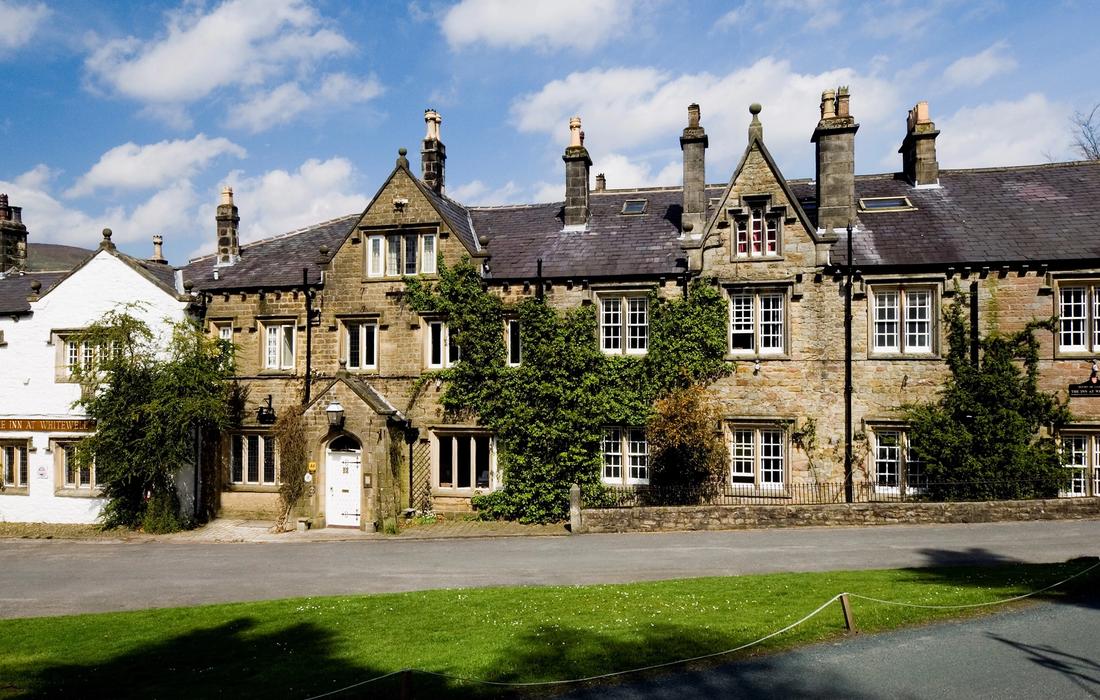The Good Hotel Guide is the leading independent guide to hotels in Great Britain & Ireland, and also covers parts of Continental Europe. The Guide was first published in 1978. It is written for the reader seeking impartial advice on finding a good place to stay. Hotels cannot buy their way into the Guide. The editors and inspectors do not accept free hospitality on their anonymous visits to hotels. All hotels in the Guide receive a free basic listing. A fee is charged for a full web entry.
The Good Hotel Guide
About Us
Independent
Recommended
Trusted
Independent
Recommended
Trusted

‘Run by muppets’: couple fined for review
All blog posts
3 minutes
1 Dec 2014
‘Run by muppets’: couple fined for review
All blog posts
3 minutes
1 Dec 2014

By Adam Raphael, Editor Good Hotel Guide
A Blackpool ‘three-star’ hotel, the Broadway, described as ‘a filthy, dirty, rotten, stinking hovel run by muppets’ has a policy of fining guests who leave unfavourable online reviews. The hotel decided that this onslaught on TripAdvisor rated a maximum £100 fine which it proceeded to deduct from the guest couple’s credit card without telling them.
What I like about this tale is the naive bravado of the Broadway’s management. How did they dream up such a policy, and how did they persuade themselves that they could ever get away with it? If only they had followed the example of hotels up and down the country who routinely massage their online reputations, they would not now be being pursued by Trading Standards inspectors and a pack of news reporters.
If hoteliers seek to manipulate their rankings as many do, it is hard to blame them when TripAdvisor’s website is so open to manipulation. As Michael Corleone, the Mafioso in The Godfather, remarked: ‘It’s just business.’ TA claims that it uses sophisticated algorithms to eliminate bogus, collusive, and malicious reviews, but that defence is strictly for the fairies.
The reality is that TA doesn’t even bother to check the names or addresses of those who send anonymous reviews, let alone whether they have actually stayed in the hotel they are reviewing. So much for the wisdom of crowds. Only if you are prepared to wade through a mass of anonymous comment with a sceptical approach can online review sites be helpful.

The Good Hotel Guide certainly finds TripAdvisor a useful tool. But we would never rely on its anonymous scribes. When reviewers write to us, their name, address, and other details are carefully recorded. A new reader writing to the Guide for the first time about a single hotel or B&B is listed in our records as an N1.
After a year or so, if they continue to write to us and we feel confident about their views, they will be upgraded to an R, someone whose opinion we regard as valuable. Finally, a few regulars are elevated to the ranks of the ‘trusted’, a reviewer whose opinions can be relied on. It is from their ranks that we recruit the Guide’s inspectors.
The system, which has been tried and tested over nearly 40 years, is time-consuming, but impossible for hotels to manipulate. And when things go wrong, as they occasionally do, readers are quick to point this out. The Guide, like painting the Forth Bridge, is work in progress.
It would be unrealistic to expect TA, which receives thousands of reviews every day, to have a similarly comprehensive system. But it could at least try to establish whether those who write to it are real people with a valid email address. In future, it will have to up its game because Amazon is launching a travel review site which will seek to establish the reputation for trust which for good reasons has eluded TA.
Thomas Robinson, the owner of Headlam Hall in Darlington, has written a lengthy assessment of TA’s failings. He rightly points out that listening to feedback, both good and bad, is an important part of running a successful hotel. But he says that the comment should not be anonymous, and it should be carefully scrutinised before it is put up on the web.
TripAdvisor is currently claiming that as an American corporation it is not obliged to disclose details of its anonymous reviewers if ordered to by a court as required by British law. The case, involving a small Scottish guest house, Tigh Na Cheo, which claims to have been defamed by anonymous reviewers, is under appeal. The attempt to wiggle out of this country’s legal jurisdiction reinforces my view that TA is part of the internet’s ‘ethical vacuum’ described by Lord Justice Leveson.


